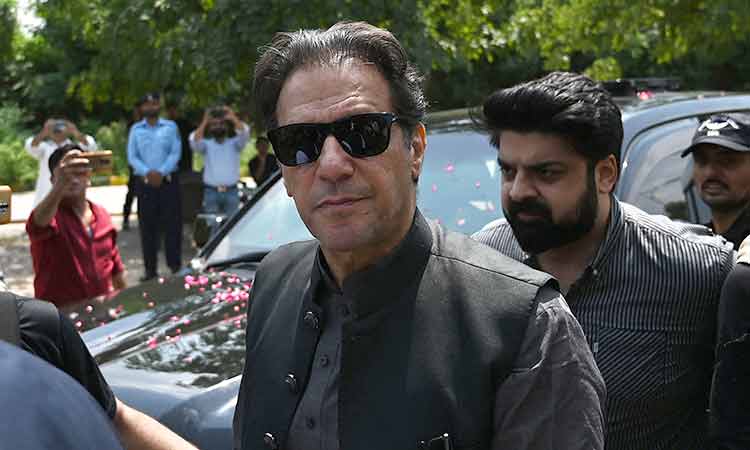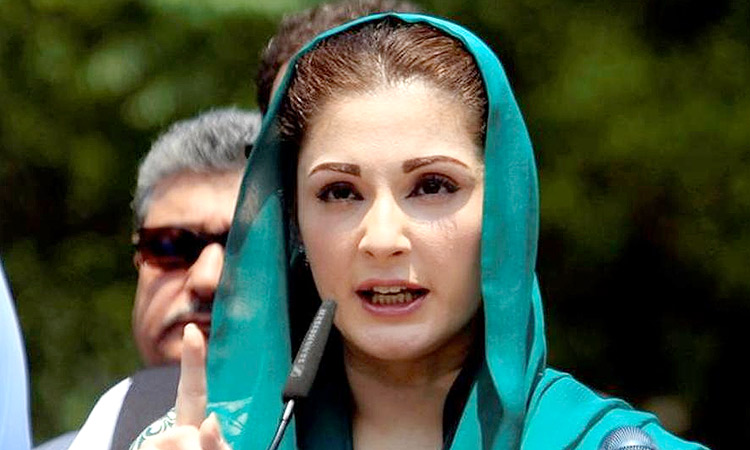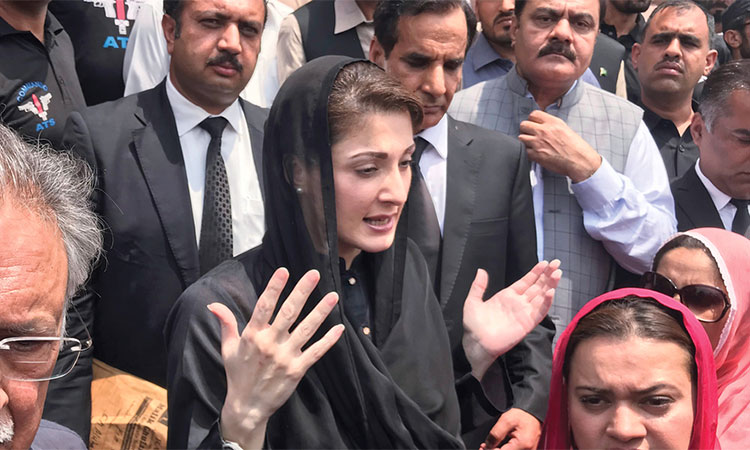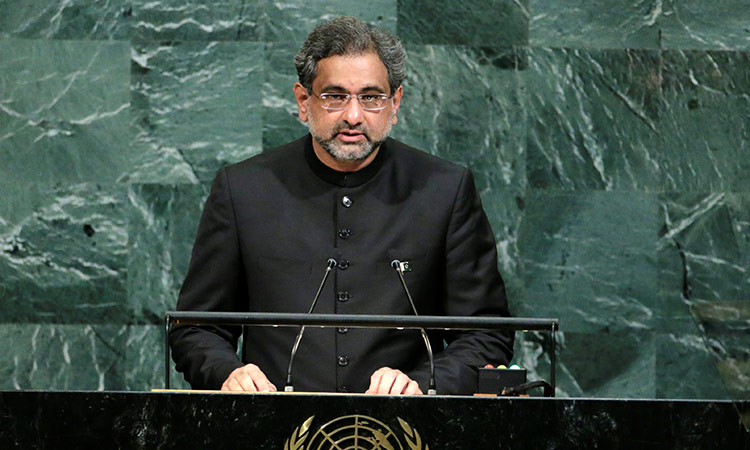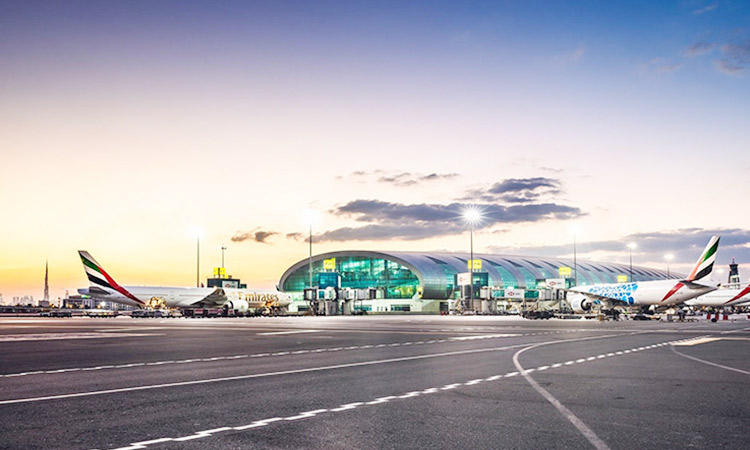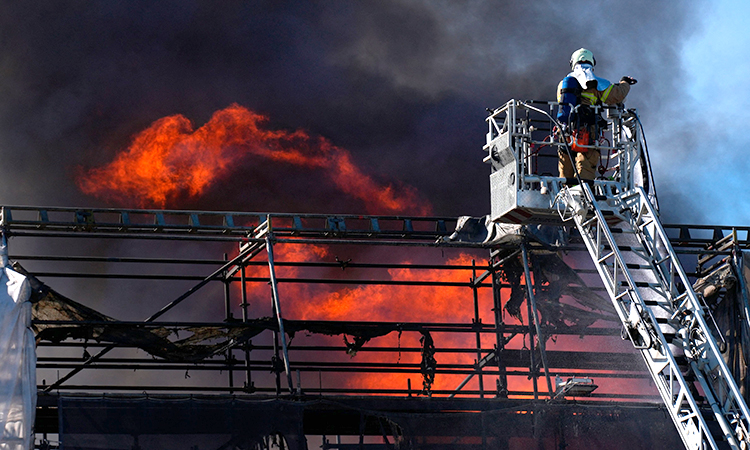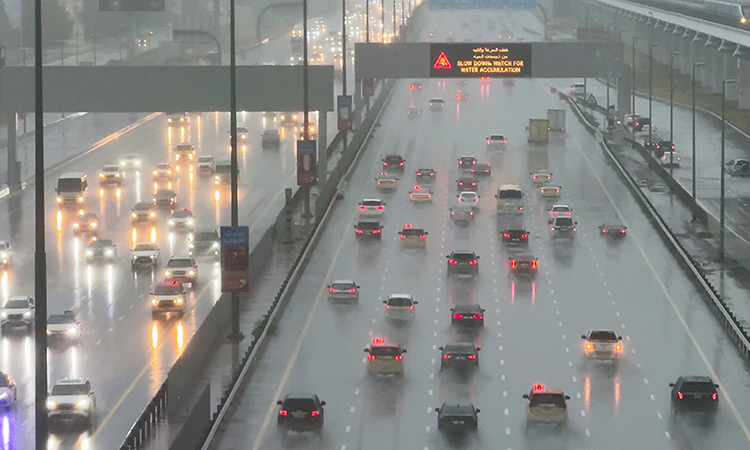No ulterior motive on NAB’s part in Zardari’s arrest: IHC
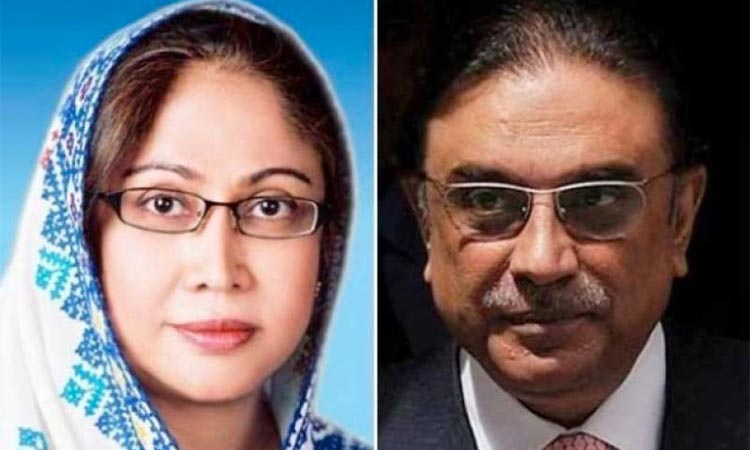
Asif Ali Zardari and his sister Faryal Talpur. File
The Islamabad High Court (IHC) ruled on Tuesday that the National Accountability Bureau (NAB) required custody of former president and Pakistan Peoples Party (PPP) supremo Asif Ali Zardari and his sister Faryal Talpur.
It also said white-collar crimes are “not easy to deduct and trace” and added that “no mala fide or ulterior motives” were found on NAB’s part “which is the core principle for grant or refusal of the bail before arrest.”
Last week, the IHC dismissed the applications for a pre-arrest bail by Zardari and Talpur in the fake accounts reference. After that, Zardari was arrested by a 15-member NAB team while his sister, Talpur, was taken into custody on June 14. Both PPP leaders are in NAB custody on remand.
Justice Aamer Farooq and Justice Mohsin Akhtar Kayani, who announced the verdict, said that white-collar crimes are “not easy to deduct and trace and cannot be equated with other general offences.” “The accused persons are to be confronted with the documents and inquire about the same repeatedly in order to build up the chain.”
It stated that for this purpose, the NAB authorities required custody of the petitioners.
According to the order, the legal counsel for the petitioners had argued that since a reference had been filed, NAB Chairman Justice (retd) Javed Iqbal had “no lawful authority” to execute arrest warrants. They had also said that as bonds had been furnished, the petitioners could not be arrested.
The Islamabad High Court order noted that the furnishing of bonds does not bar NAB from making an arrest regarding an investigation in the case. It stated that the bond is submitted “only for personal appearance” before the court.
The order said the argument that the NAB chairman did not have the authority or jurisdiction in the matter was “without substance.” It stated that under Section 24(a) read with Section 24(c) of the National Accountability Ordinance (NAO) 1999, the chairman could issue arrest warrants even after a reference was filed.
It noted that the matter was still being investigated and the reference was just an aspect of the case which had been transferred to an accountability court in Islamabad.
“The NAB never really investigated and inquired into the matter and only became seized of it by the direction of the Supreme Court and is still investigating the same. The investigation in the matter is by no means over. The prosecuting agency i.e. NAB categorically submitted that money trail is linked with the petitioners and their custody is required for investigation.”
Additionally, the IHC judges said that in light of the facts and circumstances “no mala fide or ulterior motives” could be “attributed to the respondent which is the core principle for grant or refusal of the bail before arrest.”
Meanwhile, Prime Minister Imran Khan has asked National Assembly Speaker Asad Qaisar not to issue production orders of convicted persons who should not come from jail to address the parliament.
The premier also asked his colleagues not to allow corrupt members to express their views in the National Assembly since they had created hurdle in the speeches from the treasury benches. He added that people of Pakistan have mandated the Pakistan Tehrik-e-Insaf (PTI) for breaking the status quo and to take on corrupt elements by waging a decisive war against them.
Imran expressed these views during the parliamentary party meeting of the ruling coalition.
Imran said he will fight alone even if allies ditched him and added that the past rulers had adopted a royal and lavish lifestyle and plunged the country into the quagmire of debts. He said that half of the country’s income is being spent on paying instalments of loans taken by the previous governments.
“A debt of 24,000 billion rupees was increased in just 10 years and I have formed a commission to investigate that and fix the responsibility.”
The premier said that his government faced the toughest situation in the first 10 months of power which is by and large over now. He said: “the government’s efforts have brought economic stability to the country.”
